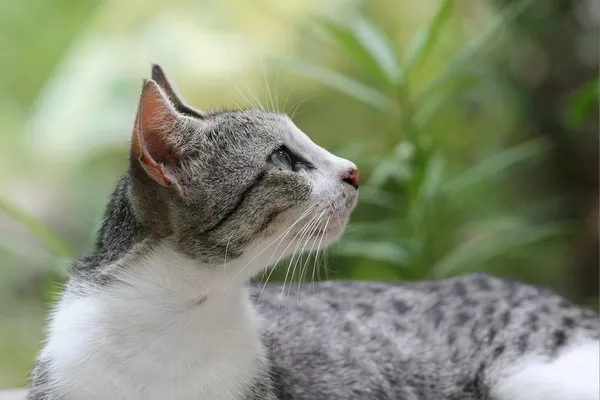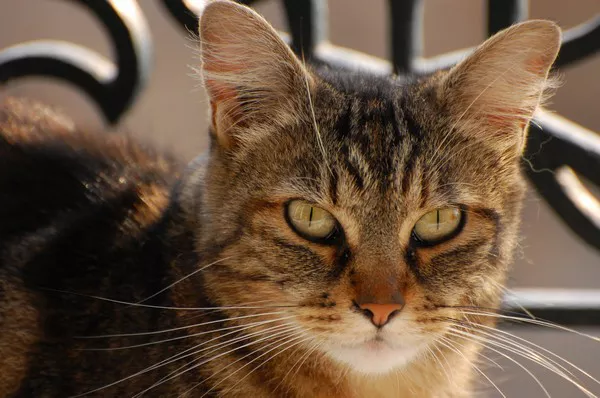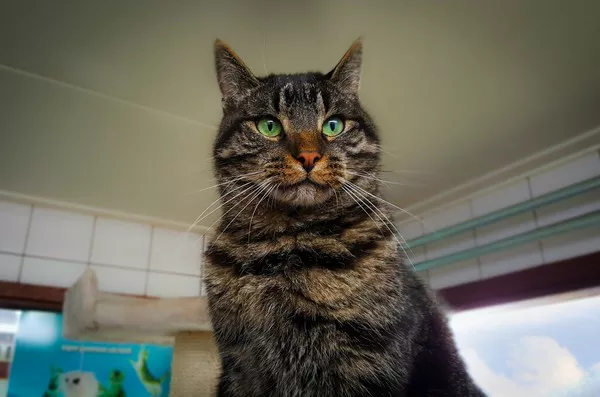Cats are often thought to be independent animals, yet many cat owners notice changes in their cats’ behavior when they leave. This raises the question: Do cats get sad when you leave? Understanding feline emotions and behavior helps shed light on how cats experience separation and offers ways to support them when you’re away. This article explores the emotional lives of cats, signs of separation anxiety, and effective strategies for preparing your cat for your absence.
Overview of Cat Emotions
Cats may not express their emotions as openly as some other animals, but research and anecdotal evidence suggest that they do form deep emotional bonds with their owners. Like dogs, cats can develop a form of attachment to the people who care for them. Cats often show affection through physical contact, following their owner around the house, and vocalizing for attention. While their emotions may appear more subdued, cats experience a range of feelings, including joy, curiosity, and even sadness.
Cats experience emotions in ways that are comparable to those of other mammals, though they may express these feelings differently. The bond between a cat and its owner is often rooted in routine and trust. Many cats come to rely on their owners for comfort and security. When this bond is disrupted by an owner’s absence, some cats may feel distressed or anxious, manifesting in a way that seems like sadness. For some cats, the sudden absence of their human companion can trigger a condition known as separation anxiety, which may lead to behaviors associated with stress and sadness.
Separation Anxiety in Cats
Separation anxiety is a behavioral condition in which a cat becomes overly distressed when separated from its primary caregiver. Unlike dogs, cats are less likely to display overt signs of separation anxiety, but some may exhibit subtle behavioral or physical changes in response to their owner’s absence. Although not all cats experience separation anxiety, those that do may find it challenging to cope with the disruption of their routine and the lack of interaction with their favorite person.
Cats with separation anxiety often display a combination of behavioral and physical signs that indicate their distress. These behaviors can be especially apparent when the owner is preparing to leave or during prolonged absences.
Signs of Separation Anxiety
Recognizing the signs of separation anxiety can help you address your cat’s emotional needs and prevent more serious stress-related health issues. Here are common indicators that your cat may be experiencing separation anxiety.
Behavioral Signs
Excessive Meowing or Crying: Cats experiencing separation anxiety may become unusually vocal. If your typically quiet cat begins to meow, cry, or howl when you prepare to leave, this can be a sign of distress.
Pacing and Restlessness: Another common behavior is pacing or appearing unsettled. A cat with separation anxiety may follow you from room to room as you get ready to leave, showing signs of worry or agitation.
Following the Owner: Many cats display attachment by following their owners around the house. When a cat consistently shadows their owner before departure, it may be a sign of attachment and concern over impending separation.
Physical Signs
Loss of Appetite: Cats with separation anxiety may eat less when their owners are away. Loss of appetite can be a sign of distress and should be monitored closely.
Over-Grooming: Excessive grooming, especially in areas such as the stomach or legs, can be a self-soothing behavior that cats engage in to cope with anxiety. Cats may begin to over-groom to the point of developing bald patches or irritated skin.
Inappropriate Elimination: One of the more challenging symptoms of separation anxiety is inappropriate elimination, where a cat urinates or defecates outside the litter box. This behavior often signifies significant distress and should be addressed promptly.
Preparing Your Cat for Your Absence
Preparing your cat for periods when you will be away can help reduce their anxiety. Taking steps to make your absence easier on your cat will not only help them feel more secure but also decrease the likelihood of stress-related behaviors.
Gradual Desensitization: One effective technique is gradual desensitization, which involves slowly helping your cat adjust to being alone. This process can help desensitize your cat to departure-related cues and gradually reduce their anxiety. Start by leaving for short periods, then gradually increase the duration as your cat becomes more comfortable. For example, leave the house for five minutes at first, and then return. Over time, your cat may learn that you will come back, reducing their distress.
Consistent Routine: Maintaining a consistent daily routine is important in cat feeding, play, and other interactions to help your cat feel secure. Cats are creatures of habit and thrive on predictability, so try to feed, play, and interact with them around the same times each day. This consistency can provide a sense of security, helping your cat cope better with your absence.
Comfort Items: Leaving comfort items such as your worn clothing, favorite toys, or bedding can provide reassurance for your cat. The scent of a familiar item, especially one that smells like you, can offer a comforting presence in your absence. Cats often associate familiar scents with safety, so a favorite blanket or shirt can be soothing.
Creating an Interactive Environment: Keeping your cat mentally stimulated can also help them cope better when they’re alone. An engaging and interactive environment can reduce boredom, distract them from your absence, and provide an outlet for their natural instincts.
Stimulation through Toys and Scratching Posts: Toys, scratching posts, and interactive feeders can keep your cat busy and entertained. Puzzle feeders, for example, provide mental stimulation and encourage physical activity. Cats enjoy toys that stimulate their hunting instincts, such as feather wands, laser pointers, or balls with bells. Rotating toys regularly also prevents boredom and keeps your cat interested.
Setting up a View to the Outside: Creating a window perch where your cat can watch outdoor activities can provide hours of entertainment. Cats are naturally curious, and watching birds, squirrels, or even people can provide visual stimulation. A simple perch or a cat tree near a window can become a favorite spot where your cat can observe the world outside.
Using Technology to Stay Connected
Technology can help you stay connected with your cat and provide reassurance, even when you’re not physically present.
Pet Cameras: Installing a pet camera allows you to monitor your cat’s behavior remotely. Some pet cameras have features like two-way audio, which lets you talk to your cat and provide a sense of companionship while you’re away. Seeing and hearing their owner’s voice can sometimes be enough to soothe a stressed cat.
Automated Feeders and Toys: Automatic feeders and interactive toys can provide regular engagement for your cat during your absence. Automatic feeders can help maintain a consistent cat feeding schedule, while automated toys can provide entertainment. Some toys can even be controlled remotely, allowing you to engage with your cat from a distance.
Alternative Care Options
If you’re planning a prolonged absence, such as a vacation, it may be necessary to arrange for additional care. This can ensure your cat’s needs are met and provide social interaction.
Pet Sitters: Hiring a pet sitter is a great option for cats that prefer staying in their own environment. A pet sitter can visit your home to feed, play with, and check on your cat, providing companionship and preventing loneliness. Pet sitters can also ensure that your cat maintains their regular feeding and play routines, minimizing stress.
Cat Boarding: Cat boarding is another option if your cat is sociable and adapts well to new environments. Reputable catteries provide individual accommodations and plenty of attention from staff. Some boarding facilities even offer interactive play sessions, window views, and opportunities for exercise. Be sure to research and choose a facility with a good reputation and positive reviews to ensure your cat is well-cared-for.
Consulting a Veterinarian: If your cat exhibits extreme symptoms of separation anxiety, consult your veterinarian for advice. A veterinarian can rule out any underlying medical conditions that may be contributing to the behavior. In some cases, a veterinarian may recommend calming supplements or other treatments that can help reduce anxiety in cats.
Seeking Help from an Animal Behaviorist: A certified animal behaviorist can offer personalized strategies to help your cat cope with separation anxiety. Behaviorists are trained to assess and modify problematic behaviors, and they can develop a tailored approach to reduce your cat’s stress. Working with a behaviorist can be particularly helpful if your cat’s anxiety is severe or if previous efforts to alleviate it have not been effective.
Conclusion
While cats may not express emotions as openly as some animals, they can experience sadness and anxiety when separated from their owners. Cats that form strong attachments may display signs of separation anxiety when left alone, including excessive meowing, loss of appetite, and over-grooming. By understanding these signs, preparing your cat for your absence, and creating an engaging environment, you can help them feel more comfortable when you’re away. In cases of prolonged absences, options such as pet sitters and cat boarding provide companionship and care. With the right approach, you can ensure that your cat feels secure, happy, and healthy—even when you have to step out.
Related Topics



























